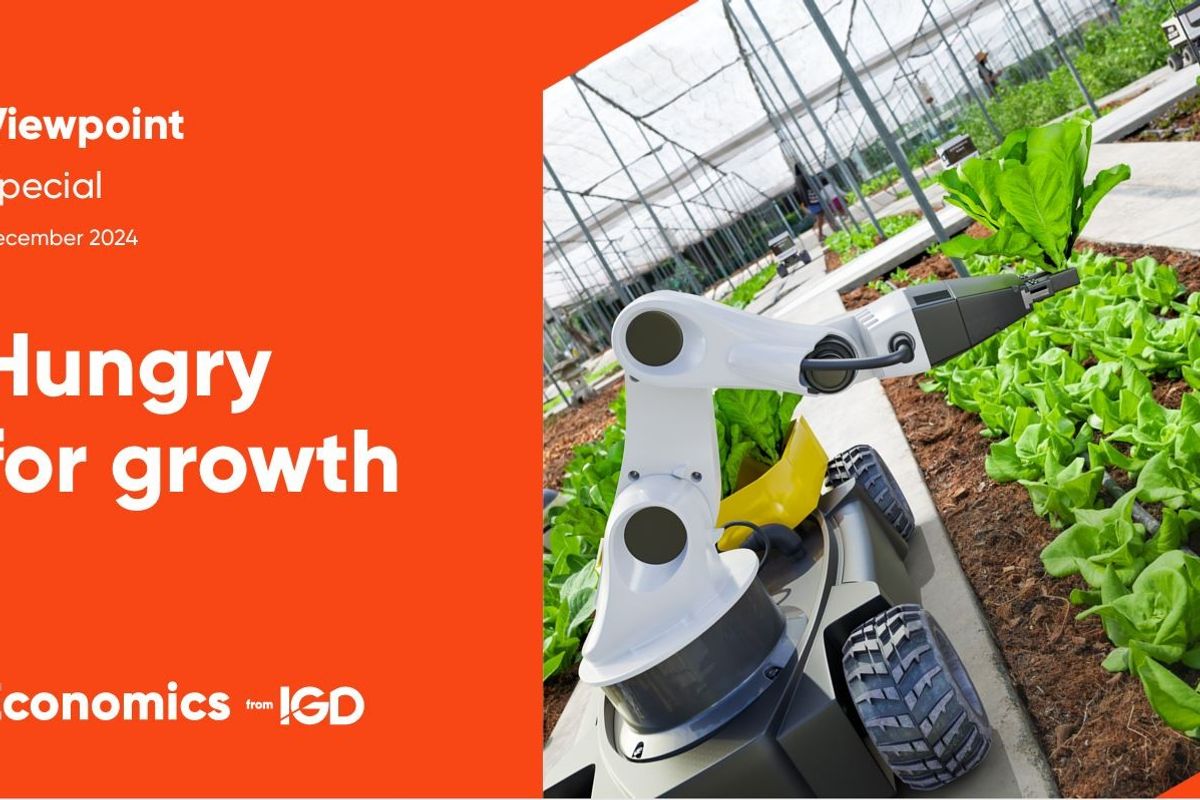UK food businesses are expected to face significant financial challenges in 2025, grappling with multiple cost pressures. The cost of food items is predicted to rise by up to 4.9 per cent next year, according to the Institute of Grocery Distribution (IGD).
IGD’s latest Viewpoint Special Report, “Hungry For Growth”, highlights food inflation as one of the most significant challenges for UK households. However, it also places the increase in food prices within a wider context of overall industry pressures.
IGD’s forecast for food inflation in 2025 is based on a full overview of all the cost pressures on food businesses for the next 12 months. While energy and commodity prices will remain stable albeit a little higher in 2025, there will be significantly increased employment and regulatory costs for food businesses in the coming year which will mean food inflation could hit anywhere between 2.4 per cent - 4.9 per cent.
In July 2024, IGD forecast that retail food inflation in 2025 would average 2.1 per cent. This forecast has been revised upward principally on the basis of measures announced in the budget.
In forming these new forecasts, IGD assumed that major policy changes raising business costs will arrive in three phases over the next year:
- April: rising costs to employment staff due to increases in National Insurance and National Living Wage
- July: rising costs of food imports due to implementation of the Windsor Agreement framework with the EU
- Oct: first payments are due to fall on Extended Producer Responsibility (EPR), increasing costs on packaging
IGD estimates that the food sector will only be able to absorb between 20 per cent - 40 per cent of these costs, meaning the remainder will be passed onto the consumer.
Food inflation is likely to continue to exceed inflation in other items, not just in 2025 but also 2026.
“We do not see food prices going down in the foreseeable future," said IGD Chief Economist James Walton. "The rising cost of living, combined with increased employment and regulatory costs, will keep inflation elevated. Consumers will undoubtedly look for ways to save money, but the impact of these cost pressures will be felt across the economy.
"For the food sector, the increased financial burdens are becoming harder to absorb, particularly for smaller players in the sector. The cumulative impact of multiple changes landing within a short period of time will drive significant cost into all food businesses across the UK.”


